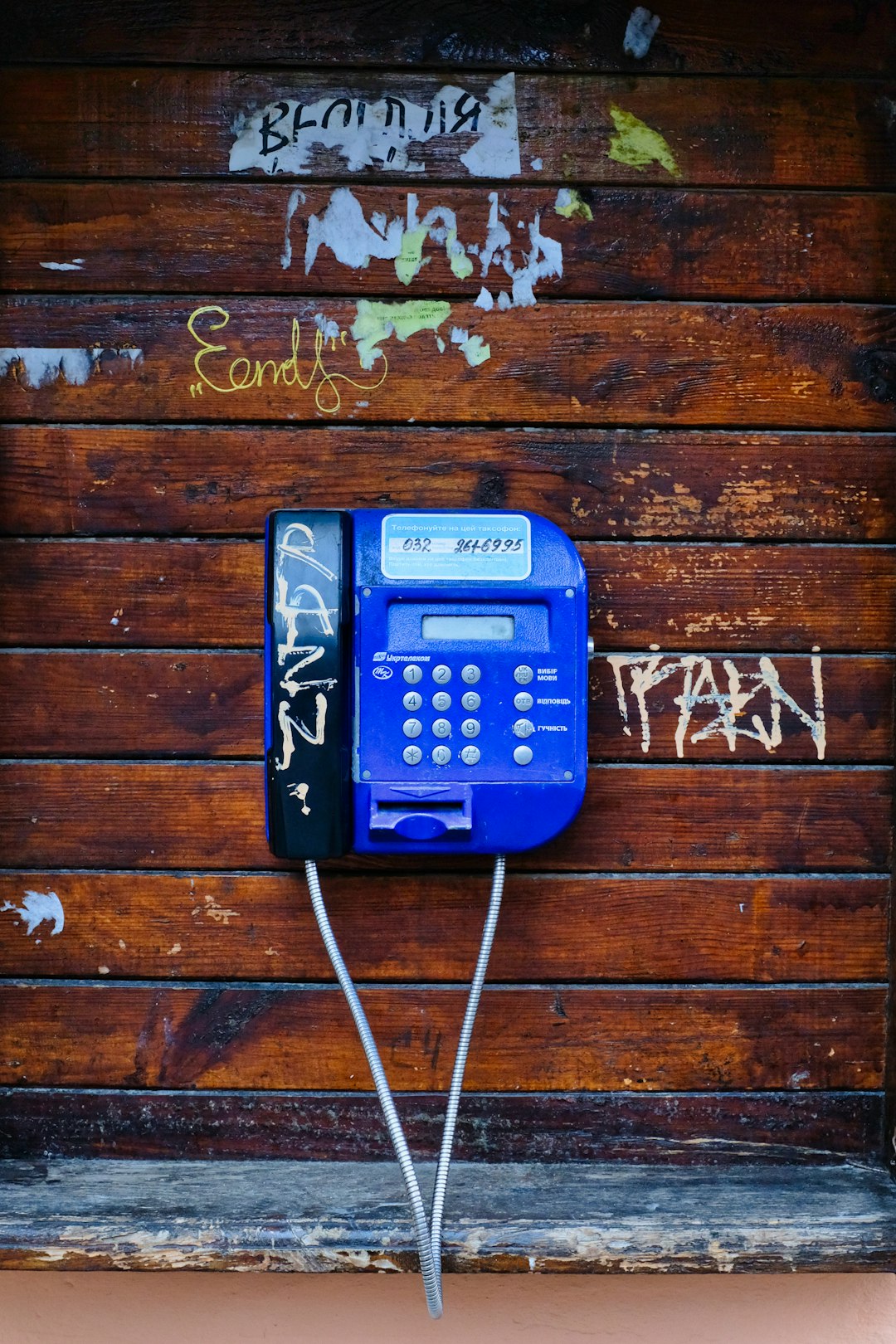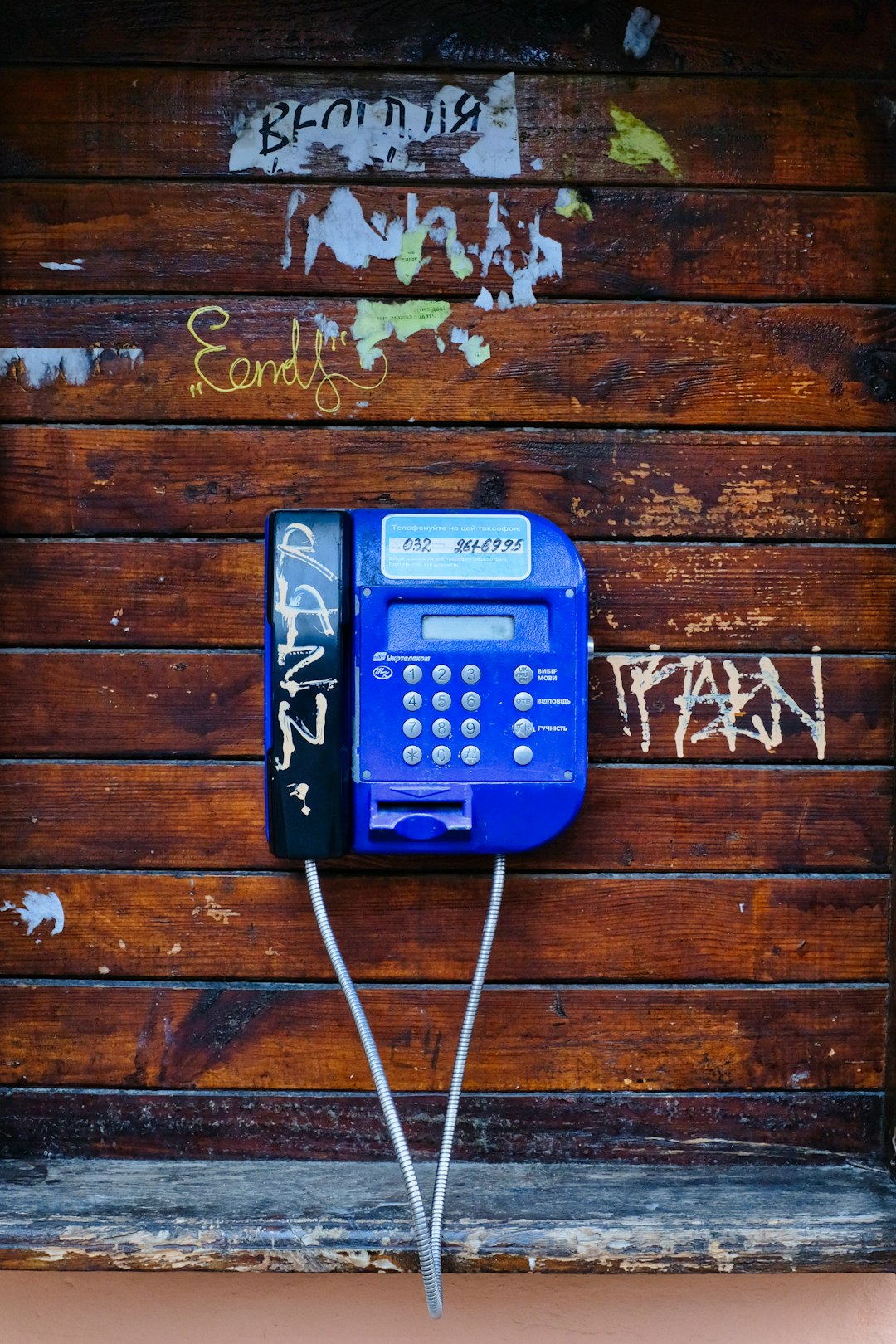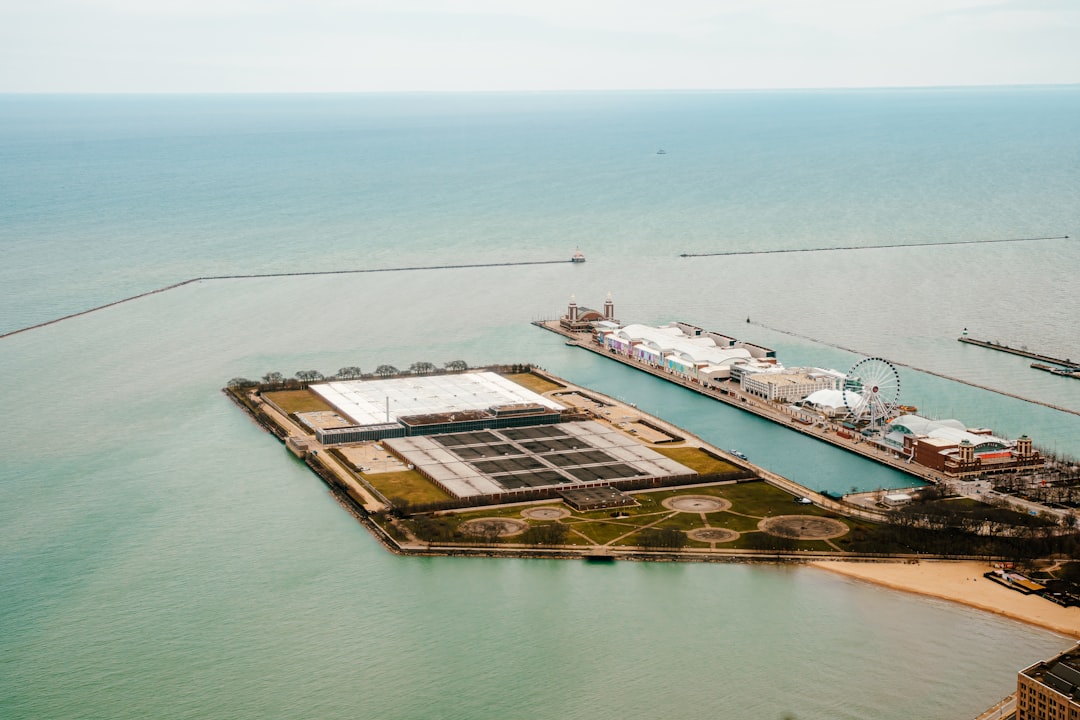In Illinois, the strict Do Not Call Law protects residents from unwanted telemarketing calls by giving consumers the right to stop receiving marketing calls and enforcing penalties for violators. Businesses engaging in telemarketing within the state must obtain prior consent, provide clear opt-out options, respect privacy, and comply with regulations like the Telephone Consumer Protection Act (TCPA). The integration of technology, including automated dialing systems and CRM software, brings both increased outreach capabilities and new compliance challenges. Law firms in Illinois must balance legitimate business operations with consumer privacy, leveraging advanced tools responsibly while adhering to "Do Not Call" guidelines. Embracing technological advancements, such as AI chatbots and VoIP, requires proactive monitoring and adaptations to navigate this dynamic landscape effectively.
In Illinois, telemarketing regulations are evolving rapidly with technology’s relentless march. As “do not call” laws become more stringent, understanding the role of technology in these regulations is paramount for businesses and especially for Illinois-based “do not call” law firms. This article explores the impact of technology on traditional telemarketing practices, delves into compliance challenges, offers best practices for responsible marketing, and forecasts future trends shaping this dynamic landscape.
Telemarketing Regulations in Illinois: An Overview

In Illinois, telemarketing regulations are governed by the Do Not Call Law, which aims to protect residents from unwanted phone solicitations. This law offers consumers the right to stop receiving marketing calls at any time, with strict penalties for violators. The Illinois Attorney General’s Office plays a pivotal role in enforcing these rules, ensuring compliance and providing resources for citizens to register complaints or opt-out of such calls.
The regulations specifically target commercial calls made for purposes like advertising, sales, or solicitations, excluding certain exceptions like calls from financial institutions, healthcare providers, or non-profit organizations. Businesses engaging in telemarketing within Illinois must adhere to these guidelines, including obtaining prior consent and providing a clear opt-out option during each call. This framework is designed to strike a balance between allowing businesses to reach customers and safeguarding consumer privacy and autonomy.
The Impact of Technology on Traditional Telemarketing

The advent of technology has significantly transformed traditional telemarketing practices, especially in a state like Illinois where regulations on do not call law firms are stringent. Advanced digital tools have enabled marketers to reach potential clients more efficiently and effectively. Automated dialing systems, for instance, can rapidly connect calls to numerous recipients, increasing the volume of interactions. This shift has complicated the compliance landscape, as new technologies introduce novel challenges regarding consumer privacy, consent, and data protection.
Moreover, technology has facilitated personalized marketing campaigns through customer relationship management (CRM) software. Marketers in Illinois now have access to vast amounts of consumer data, allowing for more targeted outreach. While this enhances campaign effectiveness, it also raises concerns about the misuse of personal information. Compliance with laws like the Telephone Consumer Protection Act (TCPA) becomes more critical as technology advances, requiring telemarketing businesses to stay abreast of regulatory changes and implement robust practices to safeguard consumer rights in the digital age.
Challenges and Considerations for Compliance

Navigating telemarketing regulations in Illinois presents unique challenges for businesses, especially with the ever-evolving digital landscape. One significant consideration is adhering to the state’s “Do Not Call” law, which protects residents from unsolicited phone calls. This requires companies to implement robust opt-out mechanisms and maintain accurate consumer consent records. The challenge lies in ensuring compliance while avoiding overly restrictive practices that might hinder legitimate business efforts.
Additionally, with technology advancing rapidly, businesses must stay abreast of emerging tools and trends. Automated dialling systems, for instance, can improve efficiency but also raise concerns about consumer privacy and comfort. Illinois regulators are tasked with balancing the benefits of technological innovation against potential harm to consumers, ensuring fair practices in telemarketing activities across the state.
Best Practices for Responsible Telemarketing Using Technology

In the age of advanced technology, telemarketing practices have evolved significantly. To ensure ethical and compliant operations, especially when targeting law firms in Illinois, best practices should be adopted. One key aspect is to honor do-not-call lists and privacy preferences, utilizing robust systems to verify and respect these choices. Additionally, automation tools should be employed responsibly, ensuring personal interactions are maintained where appropriate.
Technology can enhance call tracking and analytics, helping telemarketers gauge consumer responses and adapt their strategies accordingly. However, it’s crucial to maintain transparency and provide clear disclosures during interactions. Balancing the benefits of technology with a human-centric approach fosters trust and ensures compliance with Illinois’s telemarketing regulations, ultimately leading to more successful and sustainable marketing campaigns.
Future Trends and Their Implications for Do Not Call Law Firms in Illinois

As technology evolves, so do the methods and trends in telemarketing. Future predictions for the industry include an increased reliance on artificial intelligence (AI) and automation to personalize customer interactions. AI-powered chatbots and virtual assistants could handle initial consumer inquiries, providing instant responses and improving efficiency. This shift may impact Do Not Call law firms in Illinois as it requires adapting strategies to navigate these new automated systems. Firms must stay updated with regulations regarding the use of AI to ensure compliance and maintain consumer privacy.
Additionally, voice over internet protocol (VoIP) technology is expected to continue its rise, allowing for more flexible and cost-effective telemarketing practices. VoIP enables calls from anywhere worldwide, presenting both opportunities and challenges for Do Not Call law firms. They must stay vigilant in monitoring call sources to prevent unauthorized or fraudulent activities while utilizing the benefits of global connectivity to reach a wider audience. These future trends emphasize the constant need for Illinois-based Do Not Call law firms to embrace technological advancements responsibly and stay ahead of regulatory changes.






